
Exploring different techniques used in pediatric physiotherapy
Written by Anju Francis, MPT in pediatrics Physiotherapist Pediatric physiotherapy is a broad field that addresses a child’s motor development. Every child is unique, as

At Prayatna, we understand the complexities and challenges associated with Cerebral Palsy (CP) and are committed to providing the best possible care for our clients. Cerebral Palsy is a lifelong movement disorder that impacts indviduals and their families, but with our specialized treatments and therapies, we can effectively manage symptoms, enhance functional abilities, and improve overall quality of life. Our multidisciplinary team of skilled professionals work collaboratively to develop personalized treatment plans that cater to each individual’s distinctive needs and objectives.


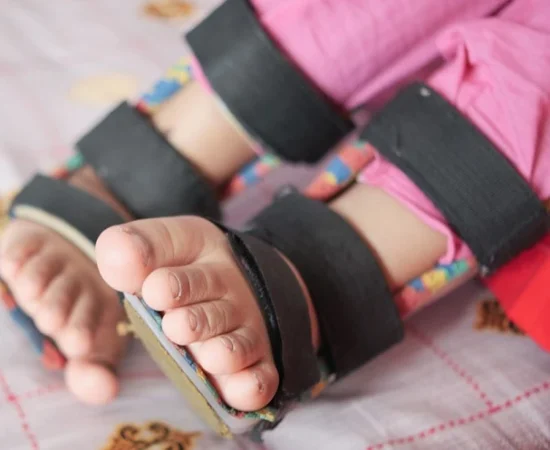
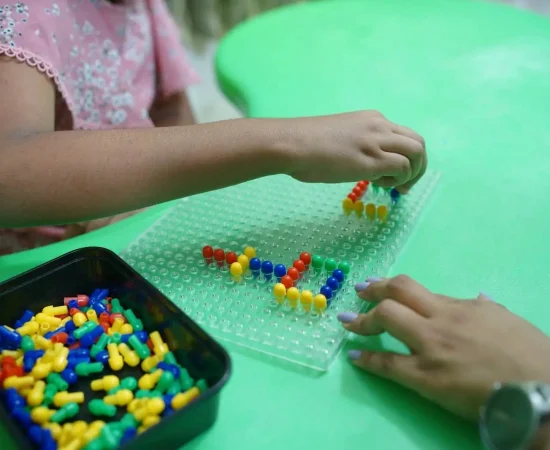

At Prayatna, we understand that every child’s journey with cerebral palsy is unique. Recognizing this diversity, we customize our therapy approach to meet your child’s specific needs. With personalized care, our team is committed to collaborating with you to enhance your child’s quality of life and foster independence.
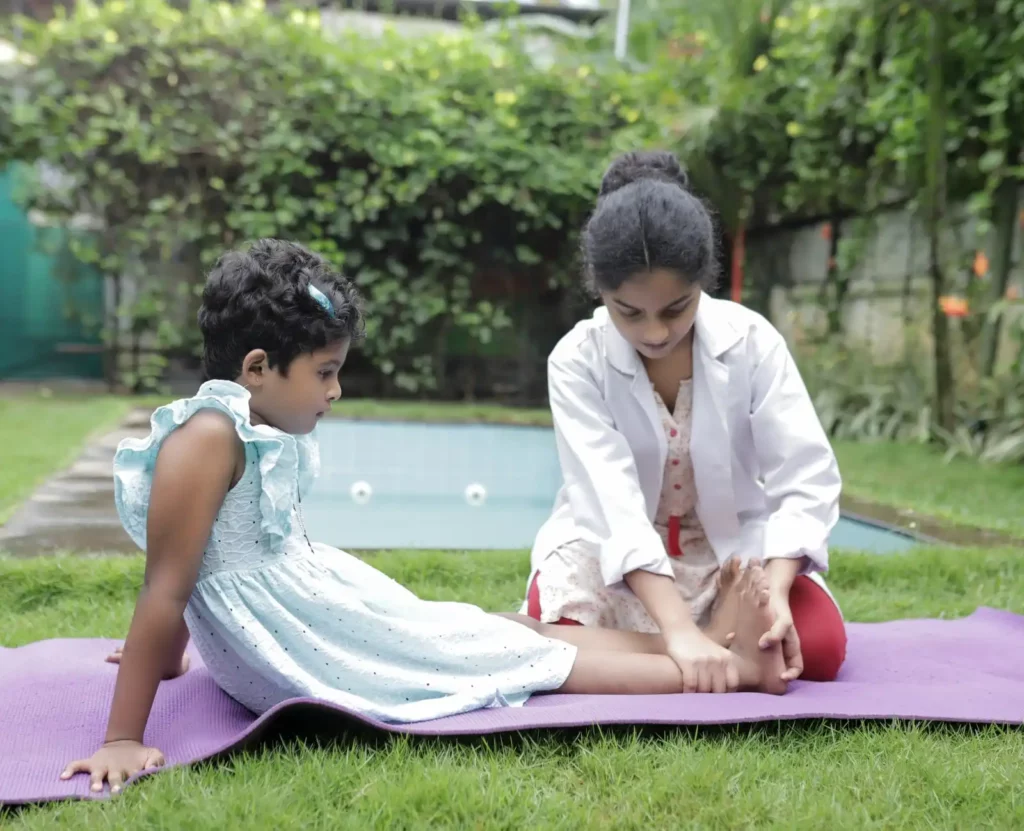

Written by Anju Francis, MPT in pediatrics Physiotherapist Pediatric physiotherapy is a broad field that addresses a child’s motor development. Every child is unique, as
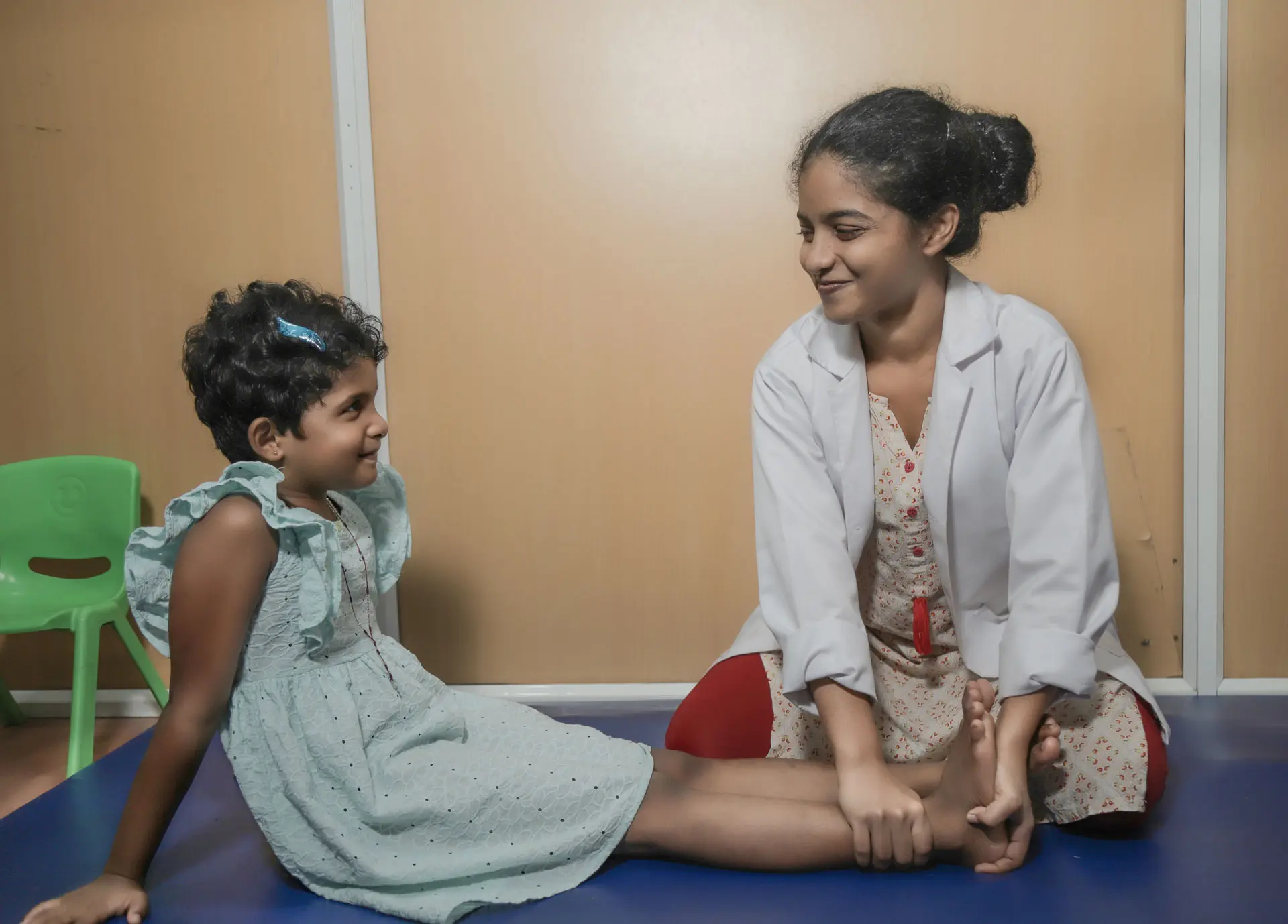
Written by Angela Grace Varghese MPT (Paediatrics) Physiotherapist Did you know that your child’s body anatomy keeps changing till it reaches adulthood? As crazy as
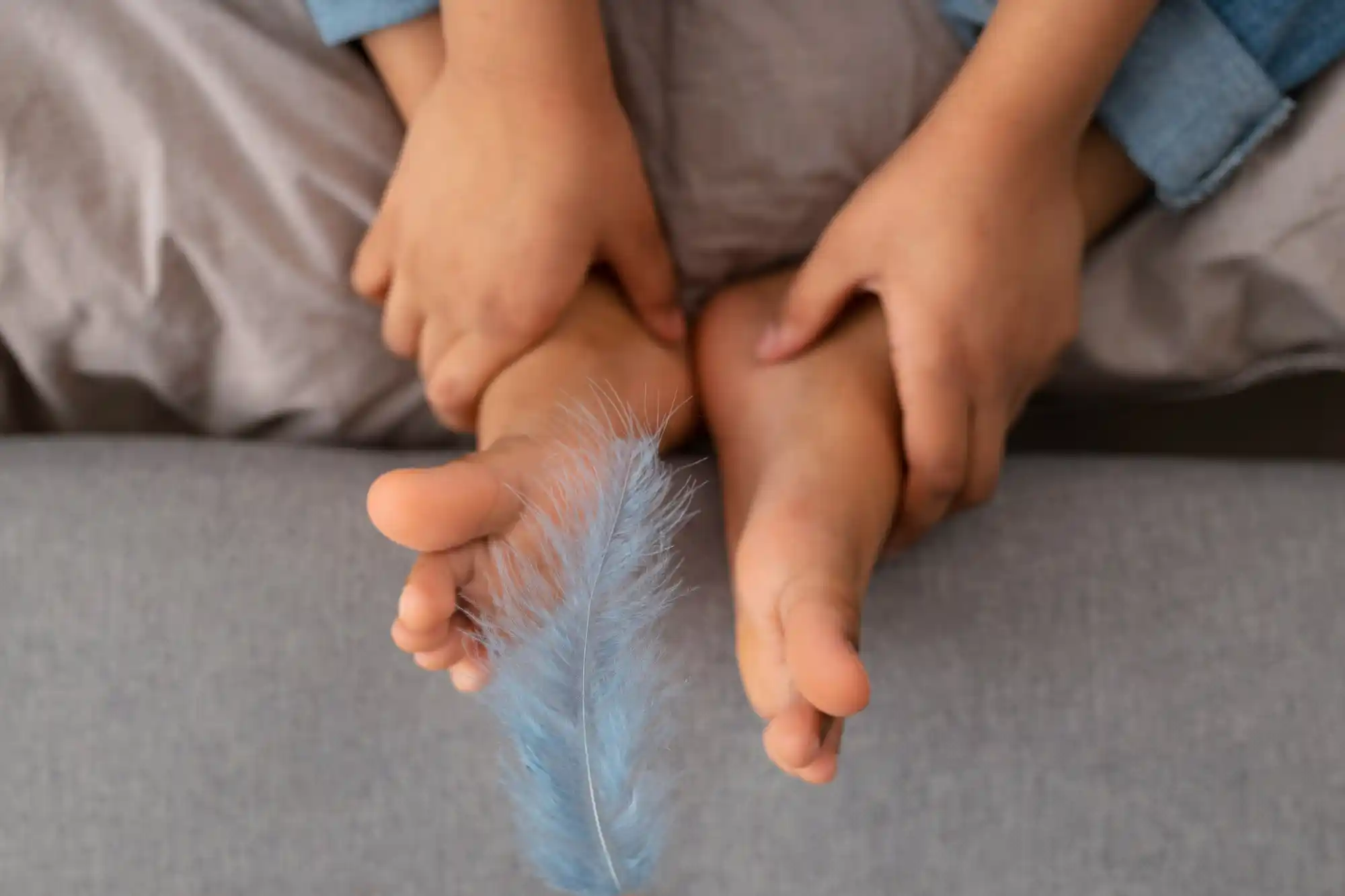
Written by Angela Grace Varghese MPT (Paediatrics) Physiotherapist What is Physical Therapy or Physiotherapy? Physical Therapy or Physiotherapy or also known as physical rehabilitation is
Autism treatment often involves a customized, multidisciplinary approach that caters to the individual child’s specific needs and abilities. Applied Behavior Analysis (ABA) therapy is a widely recognized effective intervention that focuses on behavioral strategies to improve a child’s social, communication, and daily living skills. To address specific challenges associated with autism spectrum disorder, speech therapy, occupational therapy, and social skills training may also be included in the treatment plan. Early intervention and consistent support from caregivers are pivotal in achieving the best possible outcomes for children with autism.
Individuals with autism can lead fulfilling lives with early intervention, support, and resources. With understanding, acceptance, and tailored support, children can develop important skills and abilities that allow them to achieve their goals. The concept of a ‘normal’ life may differ from person to person. What is important is to acknowledge and appreciate their diverse strengths and perspectives.
No, there is no cure for autism, but early interventions and therapies can significantly improve outcomes and help individuals with autism lead fulfilling lives.
Individuals with autism may exhibit varying degrees of speech abilities, which can range from normal speech to complete lack of verbal communication. It is important to note that the severity of the condition plays a crucial role in determining the extent of speech abilities in autistic individuals. Therefore, it is essential to provide tailored interventions and therapies to cater to the specific needs of each individual.
Early intervention is the key in autism treatment. Therefore, it is important to start treatment as soon as possible after diagnosis.
It’s possible, but depends on the severity of the child’s condition and their specific circumstances. Early intervention and consultation with a qualified healthcare professional specializing in autism can help with more personalized guidance and support for your child’s development.
Autism is a spectrum disorder, meaning that individuals with autism have a wide range of strengths and challenges. Each person with autism is unique, and their abilities should be understood and appreciated on their own terms. The concept of ‘mental age’ is not typically used in autism discussions.
Therapies for children with autism include Applied Behavior Analysis (ABA), Speech Therapy, Occupational Therapy, Social Skills Training, Sensory Integration Therapy, and Play Therapy, Speech therapy.
Yes. Prayatna offers support and training programs for parents and caregivers of children with Autism.
Prayatna recruits therapists through a stringent interview process. All our therapists are qualified in their respective fields from reputed institutions and are well trained.